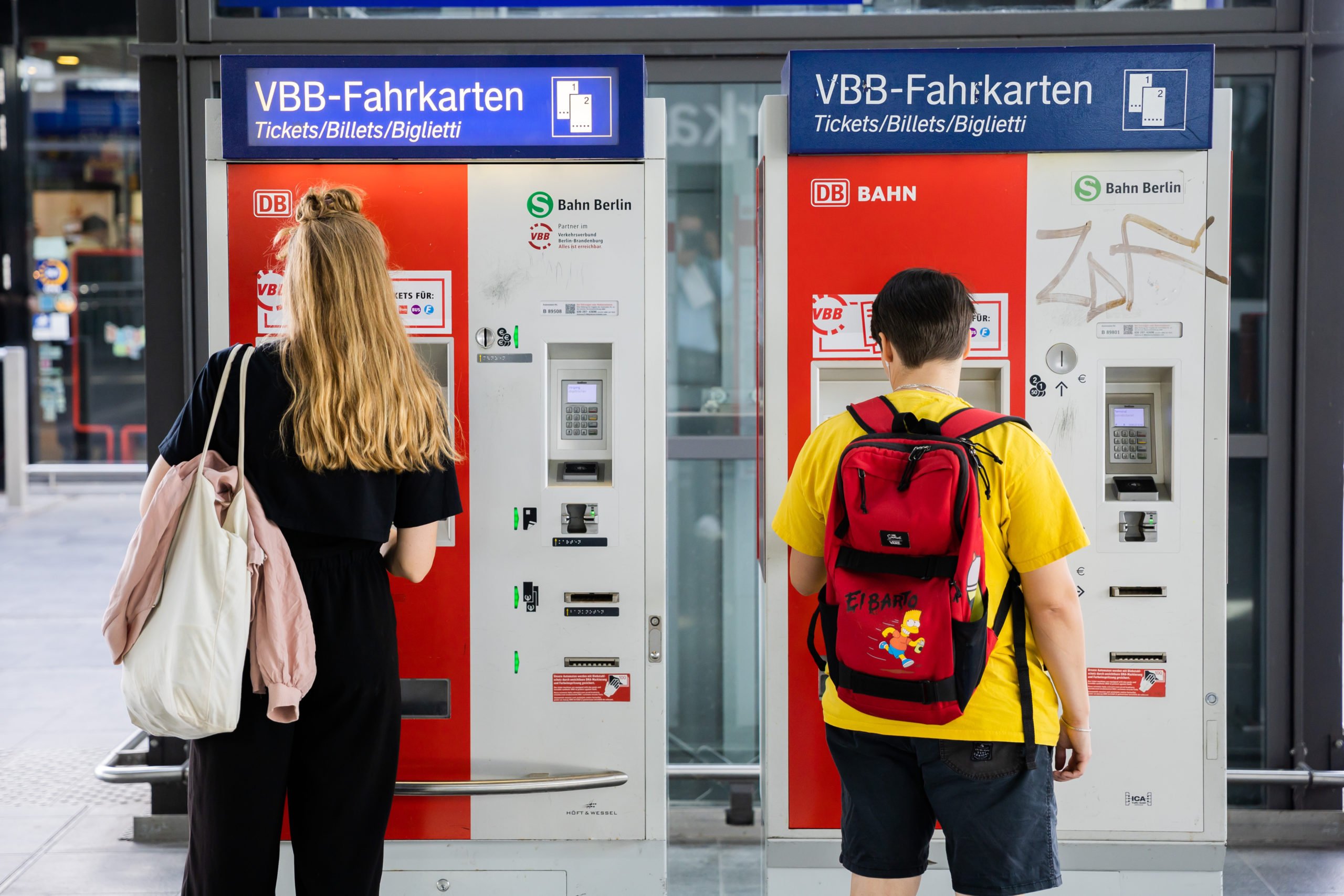Despite Germany being hit by heavy snowfall at the beginning of December, the cold weather is set to ease slightly thanks to mild air pushing up from central Europe. “Snow that will gradually fall as rain onto frozen ground could create dangerous black ice,” said DWD meteorologist Thomas Ruppert.
“Southern and central, hilly, areas will be particularly affected,” he said, adding that by Thursday night snow should be falling across all of central Germany. In western and southern states, this would likely turn into rain, potentially creating black ice.
Towards the north, skies should stay mainly cloudy without rain. Certain areas may remain clear, causing temperatures to drop to as low as minus nine degrees Celsius. Elsewhere should stick around zero degrees.
Friday should, the DWD said, be wet all over. In the north and east this should manifest as snow but unfortunately for those in the west and south, it could rain – making way again for black ice on the roads.
Click here for The Local’s weather forecast
While the Alps are one of the few areas forecast to stay dry in the day, as evening approaches they too should be hit by heavy rain. Temperatures could reach a mild eight degrees in the south, but stay cooler in the east, at between minus three and zero degrees.
During the night, the DWD has forecast heavy rain to spread as far as the eastern border with Poland and down to Bavaria. Temperatures could vary greatly, with lows of seven degrees Celsius in the Rhine area and lows of minus six in parts of the south east.
Saturday should see rain falling consistently in the east and south, with scattered showers in the north west. Like previous days, there may be a real danger of black ice. Temperatures in the west should stick between five and 10 degrees and in the east between one and six degrees.
Clouds should form a thick blanket over the entire country by Saturday night, but bring rain mostly only to central states. Lows of between six and zero degrees Celsius have been forecast and around the Alps a light frost is expected.
Sunday should be changeable with rainclouds dotted around everywhere, but more concentrated in the central Harz mountains area. The snow line may also fall to around 900 metres and temperatures are forecast to stay comfortably above freezing.
These conditions should stay basically the same through Sunday night, but in drier areas there may be a frost underfoot. Temperatures should rest between five and zero degrees for most of Germany.
The Local/jcw





 Please whitelist us to continue reading.
Please whitelist us to continue reading.
Member comments